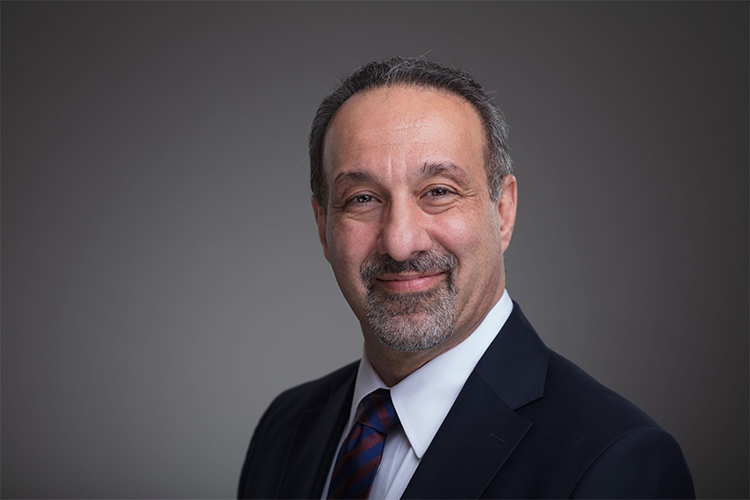Georgetown University in Qatar (GU-Q) Professor Mehran Kamrava has published a new book with Cambridge University Press, How Islam Rules in Iran: Theology and Theocracy in the Islamic Republic, explaining the ideological underpinnings of the Iranian state since the Islamic Revolution of 1979.
Dr. Kamrava, a distinguished professor of government at GU-Q and director of the Iranian Studies Unit at the Arab Center for Research and Policy Studies, provides an in-depth exploration of the evolution of Islam as a ruling framework in post-revolutionary Iran, delving into the debates and narratives that shape the country's institutions and policies.
Drawing on extensive fieldwork and previously untapped Persian-language sources, Dr. Kamrava reveals the political significance of practices and beliefs such as religious guardianship, the relationship between Islam and democracy, and the sources of both divine and popular legitimacy. He analyzes different aspects of Iran’s government, combining ideas from politics, religion, and law.
Reflecting on his research, Dr. Kamrava said, “How Islam Rules in Iran challenges common assumptions about the Iranian theocracy by showing how its deep ideological roots stem from religious intellectual production. This understudied and intricate interplay of political and religious forces raises numerous questions and sheds light on the future of Iran as an Islamic Republic.”
With a prolific academic career, Dr. Kamrava has authored numerous books and journal articles on Iran, the Gulf region, Islam, and revolution. His recent works include Righteous Politics: Power and Resilience in Iran and A Dynastic History of Iran: From the Qajars to the Pahlavis, both published by Cambridge University Press. Recently, Dr. Kamrava was recognized among the top 0.04% of global scholars in the field of Middle East Studies by ScholarGPS™.
Driven by the curiosity and dedication of GU-Q colleagues and students, Dr. Kamrava adds, “I’m grateful to the vibrant academic community at GU-Q that provided feedback on my chapter drafts, and for the faculty research grants that have allowed me to conduct fieldwork and collect the sources cited in this book.”



